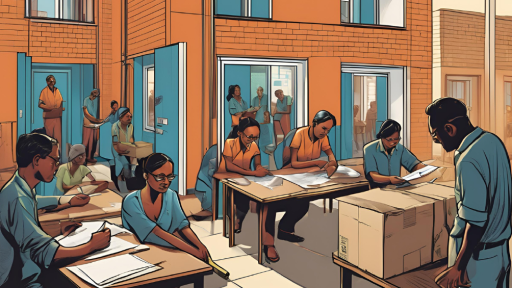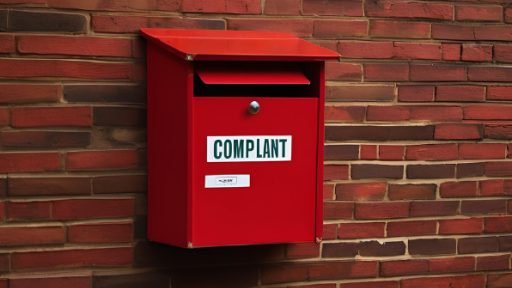
- Home
- Society Sunday
- Blog
The Critical Roles and Responsibilities of Society Committee Members in a Housing Society.

Understanding the Managing Committee
Key Responsibilities of the Managing Committee
-
Election and Term
-
Elections for the Managing Committee are held once every five years, as per Section 73-CB of the Act. The committee is responsible for informing the State Election Authority about the election and ensuring it is conducted fairly.
-
Co-opted Members
-
The committee may include co-opted members, such as Expert Directors and Functional Directors, who assist in the management but have limited voting rights.
-
Financial Management
-
The committee is responsible for the financial health of the society. This includes opening a bank account, managing funds, and ensuring transparency in financial transactions.
-
Maintenance and Repairs
-
The committee oversees the maintenance and repair of the society’s property. It ensures that the property is inspected regularly and that necessary repairs are carried out.
-
Insurance
-
The committee is responsible for insuring the society’s property against potential risks and damages.
-
Legal Compliance
-
The committee ensures that the society complies with all legal requirements and government directives.
-
Meetings and Quorum
-
The committee conducts regular meetings, and a simple majority of committee members constitutes a quorum for these meetings.
-
Decision-Making
-
All decisions taken by the committee must be ratified by a majority vote, and the committee members are jointly responsible for these decisions.
-
Resignation and Removal
-
Committee members can resign, and their resignations must be accepted by the General Body. The committee can also be removed through a no-confidence motion.
-
Conflict of Interest
-
Committee members must avoid conflicts of interest in any contract or transaction involving the society.








